
NEWS
07-07-2017 by redazione
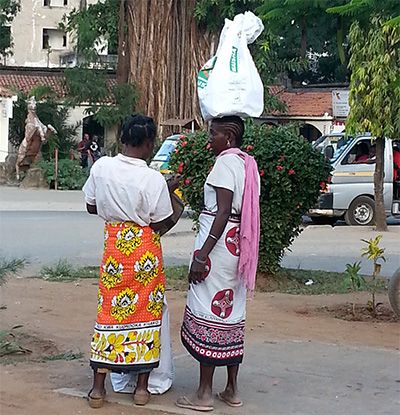
After a few days of complete lack of supermarket desks and local shops in Malindi and on the north coast of Kenya, packs of 1 or 2 kilograms of mail flour, which are indispensable to prepare the ugali, national national kana, came back.
After the period of great drought in the country that had contributed, together with inflation, to raise the prices of the few schools left in the warehouses, there was a complete lack of "posho", so that the state had to buy a ' Quantum Ingredient (30 tons) of ground maize from Mexico, via South Africa, keeping prices below 100 shillings per 2kg package. Price that was over 150 and someone, taking advantage of the shortage, had also brought 200 shillings.
But since the end of June on the coast the packs have started again scarce and there have been episodes of scamming.
Even a Malindi arrested people who "spat" corn flour at costs higher than those set by the Government.
From Wednesday, they have come back to see each time the "Taifa", the national flour label, the most sold and used, whose citizen deposits are between Lawford's residence and the square of the exchange.
With great joy of the local population. The laps are used to eating only foods whose basic element is the "smooth", that is, the polenta of corn flour. For a while they have resisted and will resist many thanks to their corn fields, but for those who are transferred to the city and no longer "shamba" the situation was dramatic.
NEWS
by redazione
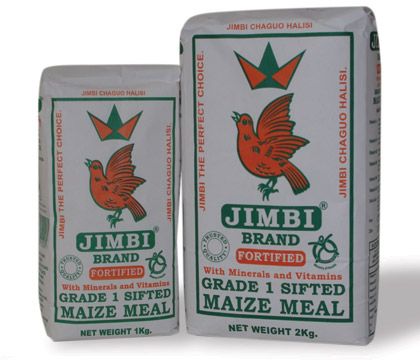
For those who live in Malindi and its surroundings, it is easy to see how in the supermarket desks and in the colorful and cheerful confusion of kiosks, bazaars and local bunks, for some time now, the main food of...
NEWS
by redazione
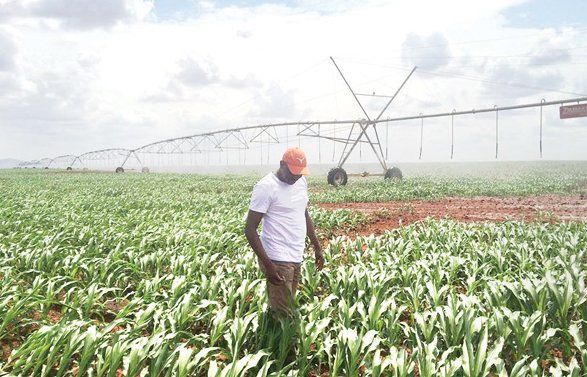
The first maize crop of the Israeli-Kenyan irrigation project in the Galana river valley will feed the coastal population will pay for the meal at half price.
These days the Government will be selling packages of two kilos of flour that...
NEWS
by redazione
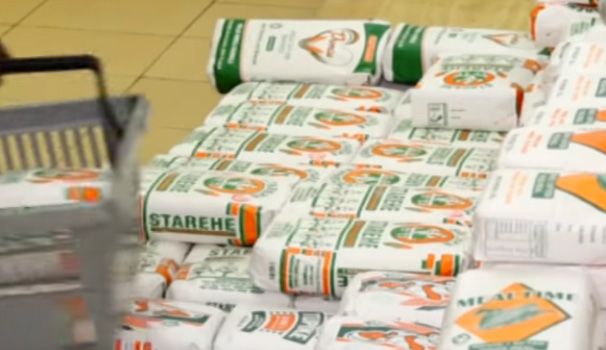
Five types of maiz flour potentially carcinogenic in Kenya for high levels of aflatoxin...
NEWS
by redazione
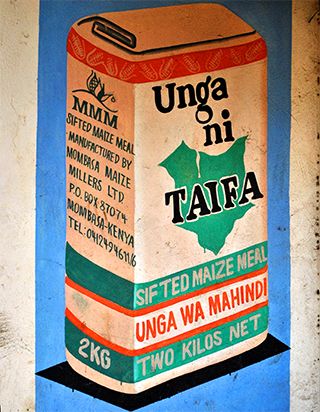
The price of maize flour has recently been reduced by the Government to Kshs. 90 for the two kilogram package, after drought and relative famine in the African country, the price was shaken to Kshs. 150 per package.
The Kenyan...
NEWS
by redazione
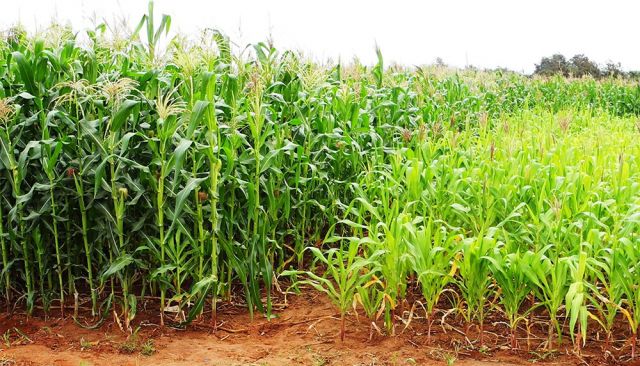
To ward off the great famine that is going through the weakest bands of Kenya and the lack of corn flour that has been plagued by the country for days, President Kenyatta has decided to fund the "smooth" reserves and...
NEWS
by redazione
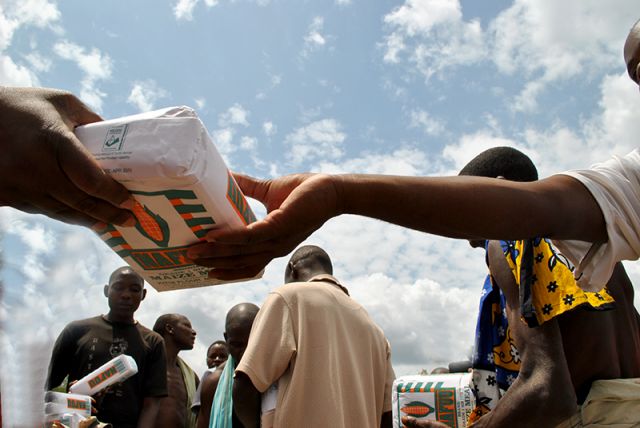
More than the economy of the country was the drought and the long time for the harvest of maize.
The fact is...
SOLIDARITY
by redazione
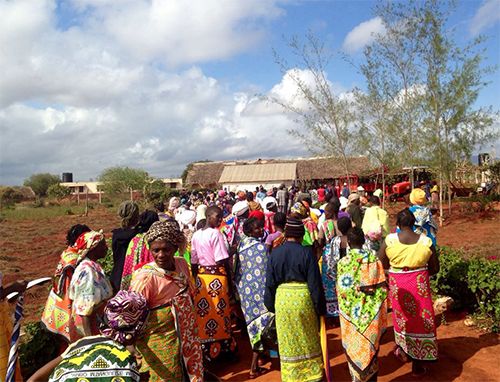
Hard times for families in the Malindi hinterland, as in many other areas of Kenya, arisen from the prolonged drought and scourge by the rise in subsistence food prices.
Last Saturday, an initiative of solidarity came from the farm of...
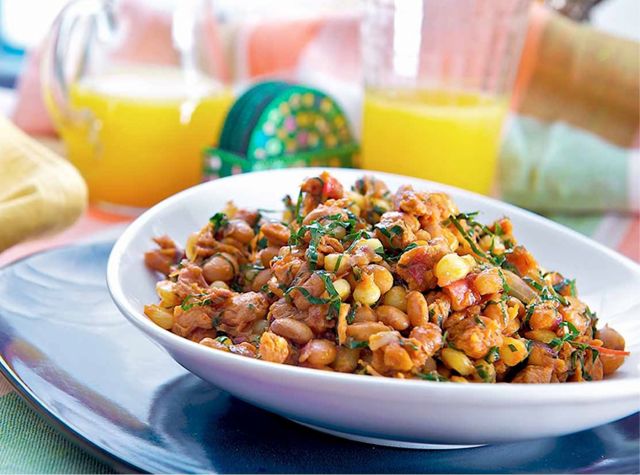
The Githeri (or Mutheri) is a typical dish based on legumes, cereals and favacees, just of the kikuyu tradition, but also of Embu and Meru tribes.
Now the recipe is popular throughout Kenya's central region and has its variations on...
SOLIDARITY
by redazione
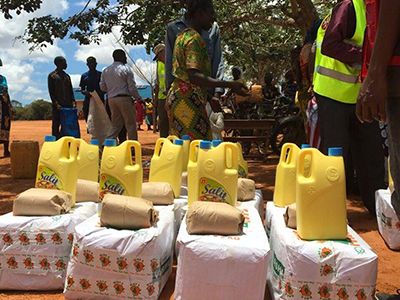
The solidarity chain started from Kenyan Embassy of the Order of the Knights of Malta and also promoted through our site, with the complicity of compatriot Rita Valentini, has arrived at the desired result, to bring a water tank and a...
NEWS
by redazione

Hunger is back in Magarini district, Mambrui hinterland.
There are many fields owned by local communities in the villages that are out of grain stocks and there is no money to buy the packaged.
Corn flour, you know, is the staple food of...
SOLIDARITY
by Leni Frau
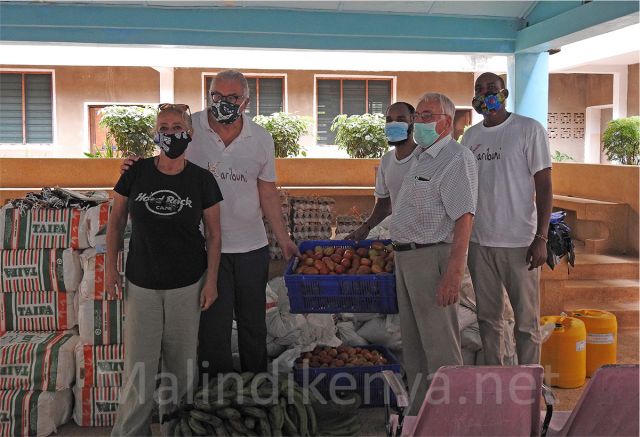
The most important and organized Italian solidarity reality of the Kenyan coast, Karibuni Onlus, has ...
INIZIATIVE
by Leni Frau
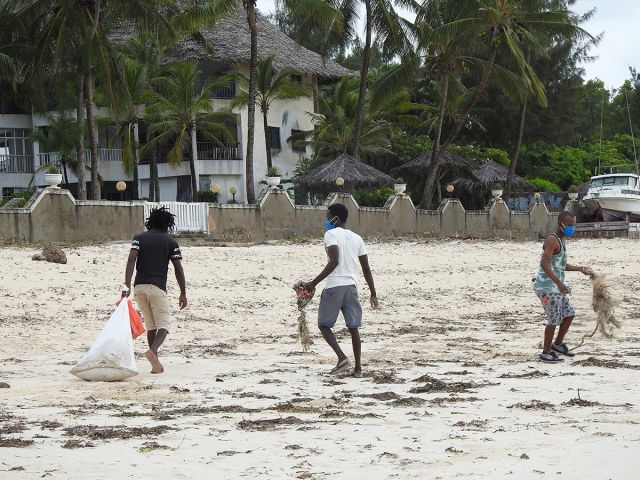
Every morning, from 6 to 7 a.m., they arm themselves with sacks and good will, face masks...